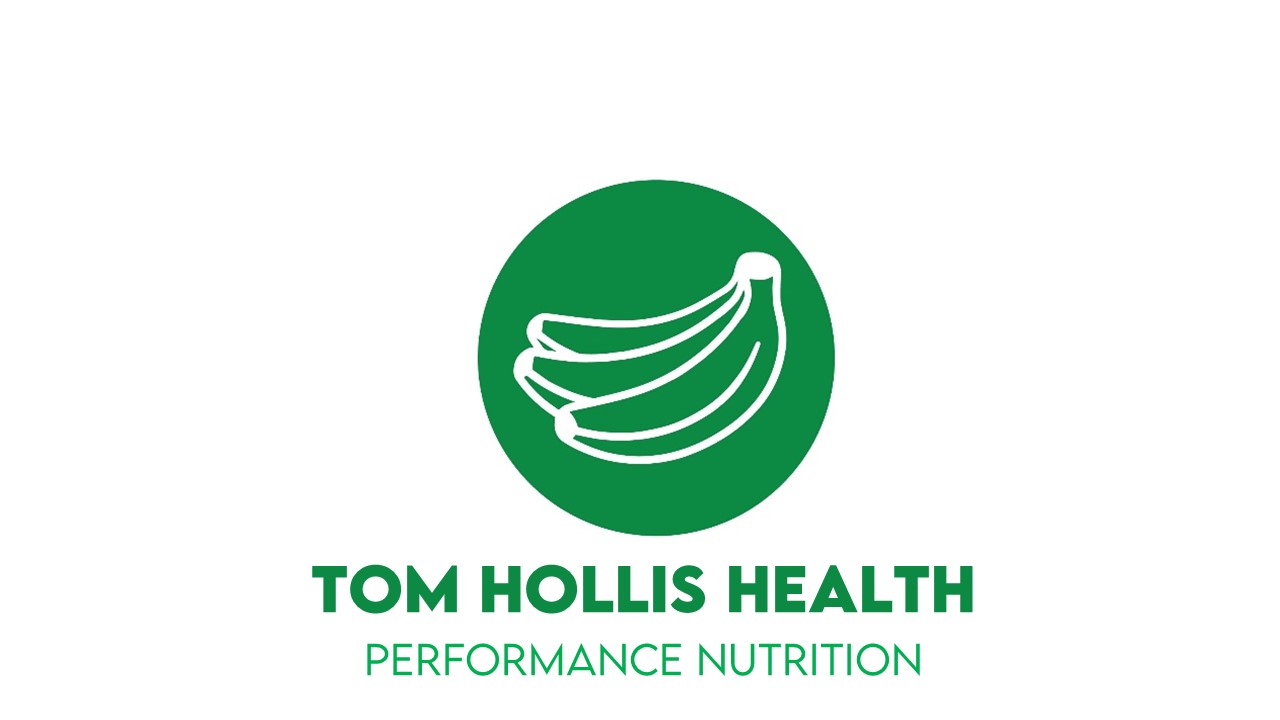Ketogenic diets have been used as an established treatment for epilepsy (particularly among children) for many years, but more recently there’s been a much broader interest in going ‘keto’, especially in certain dubious corners of social media. Most of the attention is based on its potential as a weight-loss tool, but there has also been a growing buzz about its capacity for performance-enhancement in endurance exercise. I’m not going to comment on the former here (especially as it has always seemed to me an unnecessarily restrictive approach to weight management…although each to their own), but I have been meaning to blog on the latter for […]
Minerals & mental health
Following on from last week’s blog, where I discussed the major links between vitamins and brain function, let’s now conclude this topic by looking at the potential role of minerals, trace elements and other dietary components in mental health. Like vitamins, strong associations between mineral deficiencies and mental illness have been seen, although it should be said that in some cases, the mechanisms remain unclear. Chromium is one such example, with deficiencies particularly prevalent in patients with depression. Iodine is absolutely crucial for mental health and development. It is involved in energy metabolism in brain cells, and in development a severe […]
Vitamins & mental health
Last week I introduced the weighty topic of mental health, and started to consider the important part that nutrition has to play. This week I’m going to look a little closer at vitamins specifically, and their role in mental health (apologies in advance for the unavoidably scientific tone). Let’s first consider some of the water soluble vitamins: Deficiency of vitamin B1 (thiamine) can result in Wernicke-Korsakoff syndrome, a condition that is similar to dementia, and associated with memory loss, confusion, personality changes, and above all, brain damage. Those with very heavy alcohol use are at particular risk. Vitamins B2 (riboflavin), […]
Blue Monday
Once upon a time, ‘Blue Monday’ was just a legendary 80s dance track (the highest selling 12 inch single of all time, no less). These days, however, it has come to mean the point in January that apparently marks the most depressing day of the year. Originally coined by Sky Travel as part of a PR campaign, the ‘formula’ for Blue Monday factors in debt, weather, time since Christmas, motivation levels (or lack of) and failing new year’s resolutions, with the perfect storm deemed to be the Monday of the last full week in January. However, clearly it is just […]
Ketogenic diet
A few weeks back, I advised a healthy dose of scepticism when faced with the fad diets of the new year. In fact, many of my blogs from last year carried a barely-hidden negativity towards ‘dieting’, so you could be forgiven for wondering whether dietitians have anything to do with ‘diets’ at all. So, just to clarify a few points… The ‘anti-dieting’ thing is really just my response to the standard media message that ‘diets’ are a short-term, quick-fix towards health goals, as implied by the phrase ‘going on a diet’. Of course the true meaning of the word ‘diet’, […]
The shortest day of the year (and vitamin D)
Just before we get to Christmas, in sneaks the shortest day of the year. This Sunday, there are a mere eight hours of daylight! Most of us know that the main source of vitamin D is sun exposure. In truth, it could be sunny 24 hours a day at this time of year in the UK and we still wouldn’t be able to synthesise much – if any – vitamin D, endogenously (within our bodies), because the UV light is of the wrong wavelength in winter. Vitamin D deficiency is increasingly common, particularly in these winter months when our summer […]
Stress, cortisol and nutrition
Stress. Such a little word, but such a big issue. We all have our own underlying causes of stress, and our own ways of attempting to deal with it. But what seems to be pretty much universally agreed is that it is on the rise. Take a look at this NHS piece, for example, on the topic of increased stress-related hospital admissions (in this case, thought to be partly attributable to the recession). Many of us have heard of cortisol, and may be familiar with its common moniker, ‘the stress hormone’ – a nickname owing to its increased secretion in times of […]






